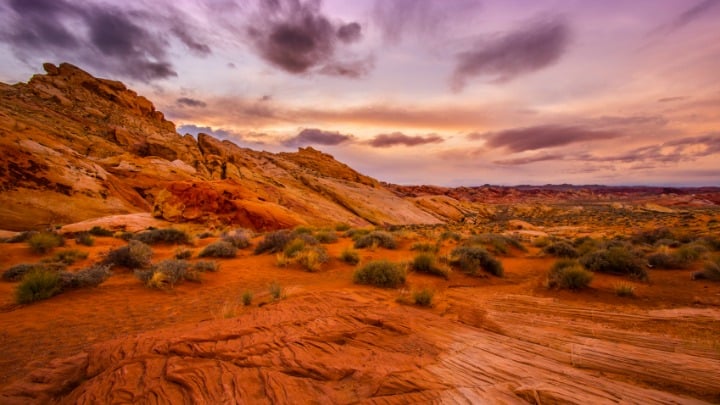
Most of us like to avoid hardship and difficulty. We do not seek out harsh conditions or frustrating periods. But God makes it clear that our faith grows stronger not in the beautiful mountaintop feelings of joy and elation, but in the dark valleys of struggle and doubt. As ministry workers it is important for us to remember this, particularly in children’s ministry when we tend to portray Christianity as a happy colorful flannel graph. For our own peace we must acknowledge and accept the “dark nights” that are inevitable, and for the sake of our students we must recognize the reality of sadness.
Throughout the Bible we see several key events of character shaping that take place in the wilderness. From the founding fathers of the faith to Christ Himself, we see the desert as a backdrop for meetings with God. First, Abraham is subject to a life wandering in a nomadic style, We see also Moses, running to the wilderness to escape Egyptian grudge and there finding God in a burning bush. In that wilderness God gave Moses his assignment to free His people.
When at last the Israelites are freed from the hand of Pharaoh, another desert episode emerges as the people of God are forced to wander forty years in the wilderness. This wandering leads to greater appreciation of God’s providence. It also reveals the Ten Commandments, and forges leaders of the people and opportunity for their growth.
Then there is David. After the famous victory over Goliath, David struggled with Saul and was driven to flee to the desert, where he no doubt experienced deeper connection to God and inspiration for following. Then we have Elijah. The prophet made powerful enemies for his messages, and spent time hidden in deserts and caves. And it was in one of these cave hideouts that God came to Elijah, not in an earthquake or wind but as a gentle whisper.
And then in the New Testament, we see the ultimate wilderness experience, as Jesus is led out to fast and be tempted. This was not an accidental or punitive move, but a departure that was driven and directed by God. Jesus spent this time of solitude and challenge to prepare for His ministry on earth. He had to go through this period to contemplate His upcoming work and dedication to the Father. And this was not the last time Jesus withdrew on His own. While other retreats were not as lengthy, Christ knew the value of time alone with God.
So what does that mean for us? For one thing, it means that we don’t need to fear times when our faith seems strained, struggling, or challenged. Doubt and even depression are not sins. We can use those dark valleys to grow when we continue to walk in the light. Perhaps we may not feel like praying, but pray we must, even if only crying out in the midst of dim frustration.
Another take-away to consider is how we present the Christian life to children. We don’t want to scare them, of course. But we also cannot draw them into false interpretation of faith expectations. Use stories like the ones mentioned here to emphasize for students that wilderness wandering will come…but God is walking with us and won’t let us go. He is our refuge, and refines our faith through and for His glory. The wilderness can be just another fiery kiln to refine and polish our rough beings. It might not be fun or ideal, but still we can accept and even embrace it, knowing that others before us have gone through much more, and only came out stronger.
Devotional: Don't Ditch the Desert… How the Wilderness can Benefit Spiritual Health
New Sunday School Curriculum: Our Bible lessons are designed to keep the kids’ attention and show how God's Word makes a difference. Every series is flexible enough for a wide-age group and affordable enough for small churches. Download a free Bible lesson in pdf or view our latest Sunday School curriculum for small churches.

Thanks for this powerful message!
Thank you. What a great devotional. I need to file it so I can pull it out when I (or one of the kids or volunteers) is going through a hard time.